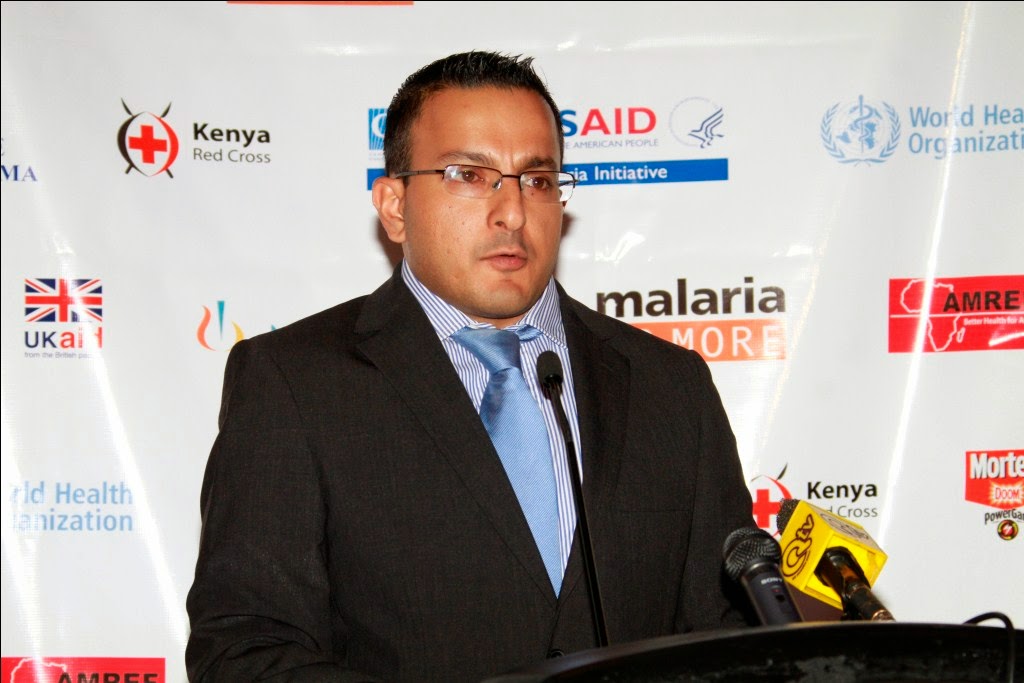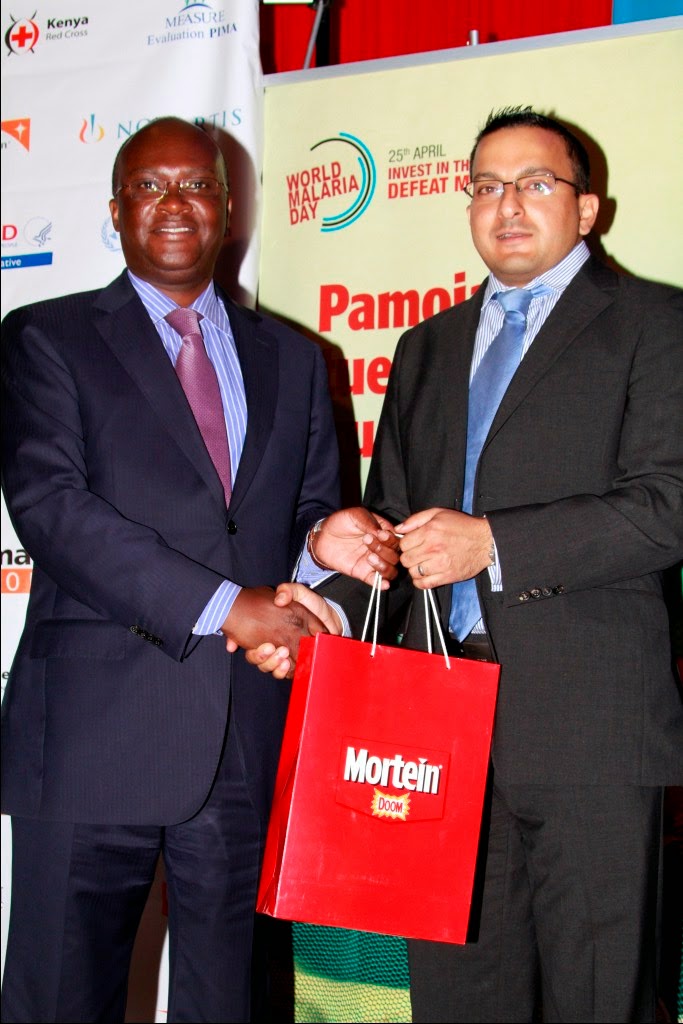China’s AVIC
International Holding Corporation in conjunction with the Ministry of
Education, Science and Technology is back with the second season of their youth
empowerment project, Africa Tech Challenge. The first season was in form of a
technical challenge that saw the three most outstanding participants walk away
with full master’s degree scholarships in the most prestigious engineering
schools in China as well as cash prizes of $1500, $1200 and $900 for the top
three teams. The most coveted award was the top two teams (Kabete TTI and Nyeri
TTI) signed a commercial contract worth $100,000 to go into local manufacturing
of spare parts. In a bid to encourage more youth to take up and utilize their
technical and innovative skills, ATC Season Two is back and bigger than ever. There
will be two competitions (Technical Challenge and Mobile App Challenge) with
cash prizes amounting to 10,000 $ for the Technical Challenge’s top six teams
and 8000$ as cash prize for the top three individual winners of the Mobile App
Challenge. Our ATC objectives are to empower the youth by upgrading their
technical & Information Technology skills to high professional skills that
will enable them to get internships and jobs, as we decrease the huge
unemployment rate facing Kenyans. Our other objectives are to cultivate a
spirit of entrepreneurship and facilitate self-employment among the youth. This
will be achieved by the intense training that we will provide in both
competitions.
In order to
push the youth empowerment agenda, cultivate the spirit of entrepreneurship and
facilitate self-employment among the Kenyan youth, we encourage the participants
to enhance their creativity through developing a Mobile Application that meets
a specific criteria in this year’s new competition, the Mobile Application
Challenge. It targets the recent graduates and fourth year students with IT
backgrounds. Once it’s completed, the Mobile Application will be supervised by
a panel of experts to determine the three best applications. The top three
winners get a chance to walk away US $5,000, US $2,000 and US $1,000 respectively.
The overall winner will also get a six month incubation period with GearBox of
i-Hub, one of ATC’s partners. This year’s Mobile Challenge will be taking place
at Kenya Technical Teachers College (KTTC) in Nairobi. Fifty applicants will be
chosen and they will start the contest on 27th July at KTTC which
will be in the form of training+Hackathlon (Elimination competition) that will
last for two weeks, until August 8th. Applicants are required to
apply online via our website, avicatc.org
The second
season of the Technical Challenge will begin with an intensive nationwide
recruitment process of teams from different technical training institutes and
universities around the country undergoing a rigorous training from the Chinese
experts on how to use raw materials and machines as well as gaining the best
techniques to use during the competition. Marks will then be awarded on skill,
accuracy and precision, cost of production and quantity of raw materials used.
Training commences
on 27th July-1st August 2015, followed by four regional
competitions from 3rd August to 7th August. There will be
twelve finalists who will proceed to Shamberere Technical Training Institution in
Kakamega, for final training from 10th August-29th August
and the final competition will be held at the same school on 30th- 31st
August. The six winning teams will be awarded with a cash prize and the three
most outstanding participants with scholarships to study in the most
prestigious Engineering Universities in China.
During the competition,
the participants will also have the opportunity to interact with invited business
leaders during the ATC Talks. These talks are meant to guide and mentor the
participants and will feature different CEO's, Entrepreneurs, Financial
Advisers and Business Leaders.












